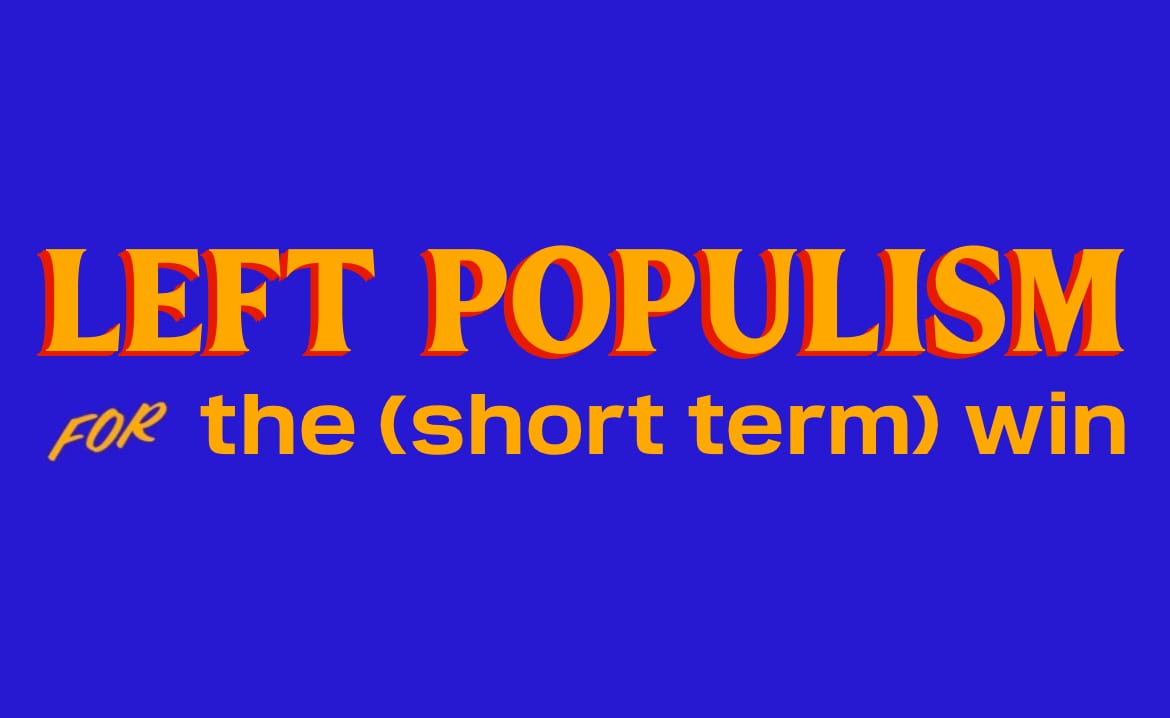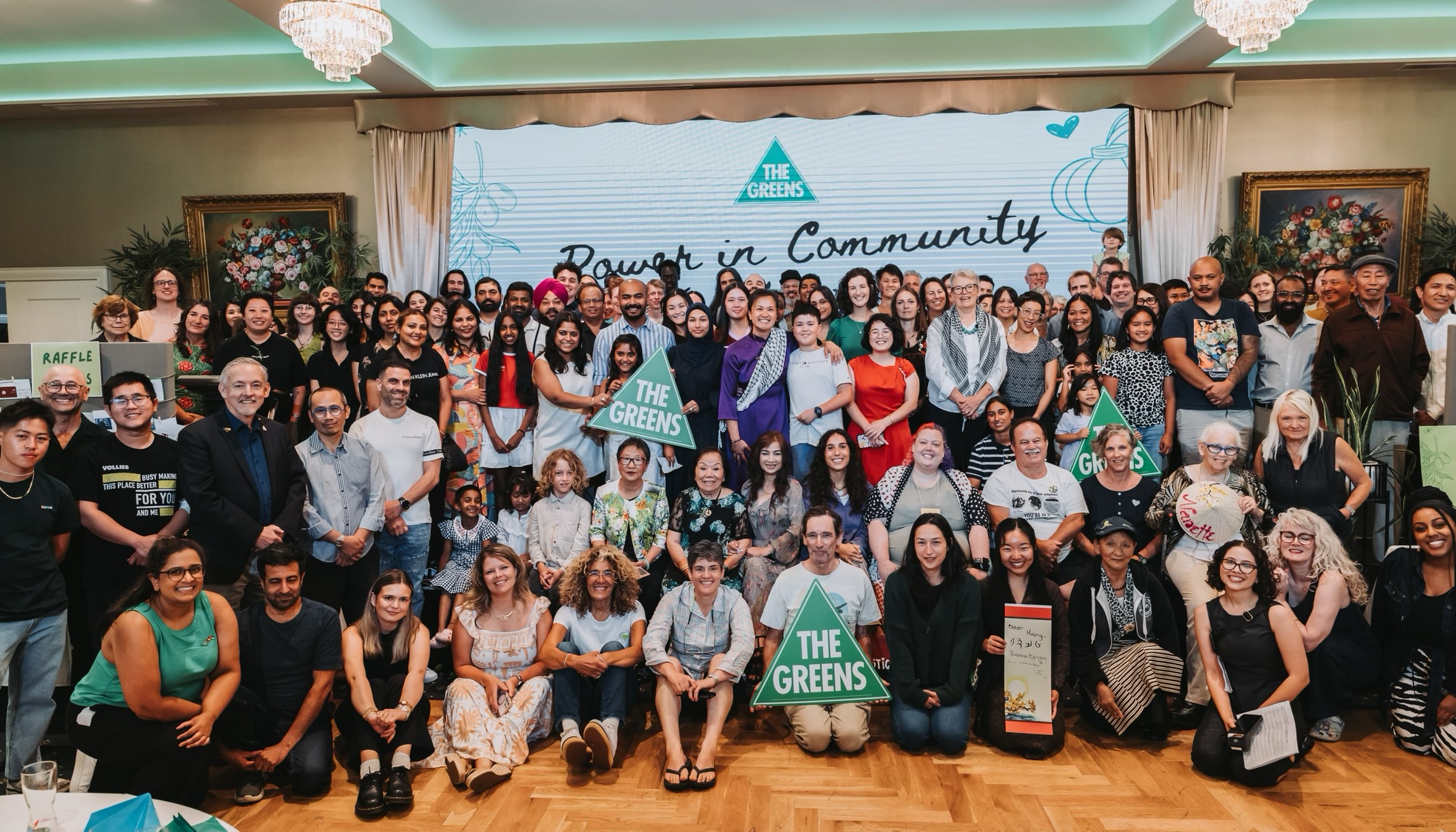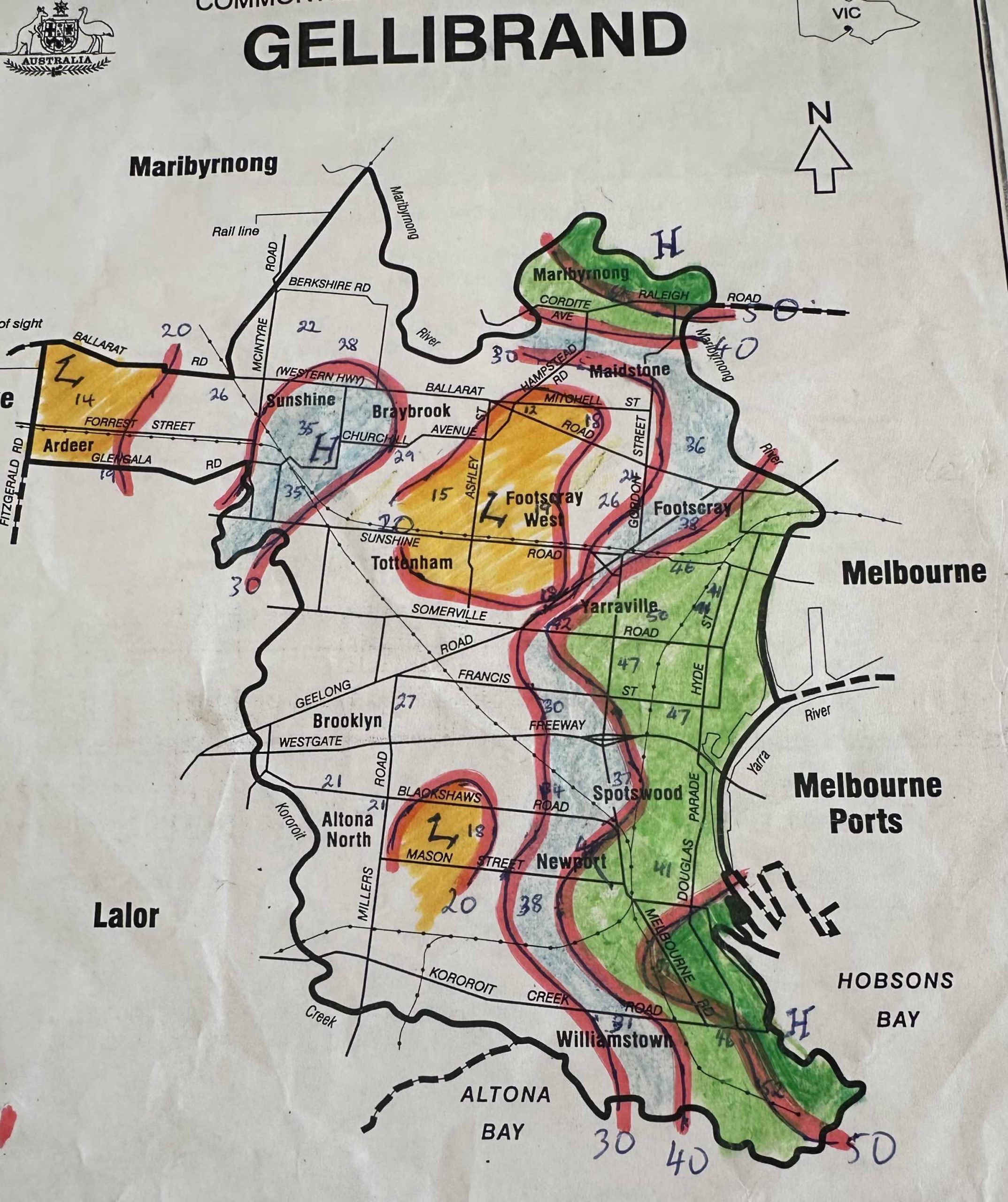Theory

Culture, Democracy, Featured, Social Justice, Theory
Zohran, Zack and the necessity – and limits – of left populism
Mamdani and Polanski's left populism is inspiring, yet it risks reinvesting hope in a broken system. The radical move? Let’s use electoral success and those 180,000 new Green Party members (not just for door-knocking!) but to devolve power to the people, creating affinity groups, building mutual aid hubs, and community assemblies – creating spaces where people hold power collectively. [...]
Featured, Peace, Social Justice, Theory
Radical love as activism
Building on the concept of aufhebung—preserving the hope of the old world within the joyous creation of the new—Emma Davidson calls for protest as jamming and radical love. A collective protest practice countering fascism with joy instead of anger. [...]
Read More... from Radical love as activism
... Read More

Culture, Democracy, Economy, Social Justice, Theory, Virtual Issue
Machine vs Movement
What kind of party? What kind of campaign? May’s federal election left the Greens with a big question: What does it actually take to win? Below, five campaigns offer five different answers. The reflections map ongoing debates about how best to understand and approach electoral contests. How should a party committed to transformative change relate to electoral politics, community organising, and... Read More
Culture, Democracy, Green Agenda 2025:3, Social Justice, Theory
On mutual aid, electoral politics and building community
This is what the new wave of Greens campaigning looks like: mutual aid, free meals, and public housing solidarity. Campaigning as community-building work, even when electoral wins aren’t guaranteed. But this is how our movement grows: through reflection and skill-sharing across loss and victory, embedding social justice in all we do. [...]


Democracy, Featured, Green Agenda 2025:3, Theory
That last 1.6% – Lessons from the Wills 2025 Campaign
With one of the largest campaigns ever, the Greens came within 1.6% of winning Wills from Labor — with a record 26% swing in multicultural and working class northern suburbs. But then were outspent 3:1 in the final stretch. Here’s what Samantha Ratnam and Cat Nadel share about lessons learnt, organising community, and why the 2028 campaign has already started... Read More
Culture, Economy, Environment, Featured, Green Agenda 2025:3, Social Justice, Theory
Playing by the rules
Terry Leahy’s essay shows how the environmental movement’s emphasis on cultural transformation without structural reform reproduces the very “social games” of capitalism we oppose. Changing hearts or changing systems is a false choice — we need both to rewrite society’s rules. From tree-sits to policy shifts, diversity is our strength when burnout tempts some of us to retreat to our... Read More


Culture, Democracy, Economy, Green Agenda 2025:3, Social Justice, Theory
Is this the best we can hope for?
Despite Labor’s “landslide”, Simon Copland warns that the ALP’s historically low primary vote reveals a growing anti-political sentiment. Progressives must reject Labor’s do-nothing electoralism, pushing for real system change — not for electoral aims, but because only a bold left alternative can prevent the far-right from capitalising on capitalism’s inevitable crises. [...]
Culture, Democracy, Environment, Featured, Green Agenda 2025:2, Peace, Social Justice, Theory
A movement of relationships — The Greens in Fraser 2025
“The work we do with communities does not pre-exist our relationships”, says Huong Truong as she reflects on the Fraser campaign. Against those who dismiss grassroots organising as nothing but “retail politics”, Huong shows how electoral campaigns can move beyond “meaningful interactions” to create solidarity across communities — transforming both our communities and the Greens. “We are in community together”.... Read More


Culture, Democracy, Environment, Featured, Green Agenda 2025:2, Social Justice, Theory
“The times are urgent, so let us slow down”
Reflecting on three decades of Greens politics, former Victorian senator Janet Rice urgently calls for slow long-term movement building. Janet rejects the post-election media narratives of Greens “failure” and the false choice between environmental aims and economic justice. What’s needed is a politics of belonging. [...]
Read More... from “The times are urgent, so let us... Read More
Culture, Democracy, Environment, Featured, Green Agenda 2025:2, Social Justice, Theory
Establishment vibes — Reflections on Greens election results mustn’t ignore deeper tensions
Simultaneously branded as “too extreme” while acting too moderate, Jonathan Sriranganathan looks at the Greens’ electoral paradox, calling for a thoroughly anti-establishment approach that radically embraces grassroots power, mass participatory democracy, and systemic change [...]
... Read More